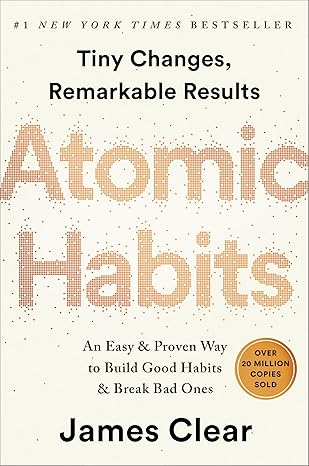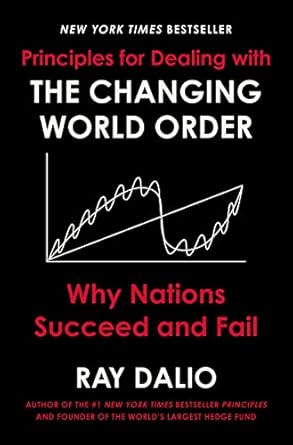Why this book matters
Meditations is not a treatise but a journal—short Greek notes Marcus Aurelius wrote to himself to practice Stoicism while ruling an empire. It is a manual for character under pressure: cultivate virtue, act justly, see clearly, and accept fate without bitterness. Its discipline of cognitive reframing, voluntary discomfort, negative visualization, and focusing on what is within one’s control influenced modern cognitive-behavioral therapy (CBT) and remains a sturdy operating system for leadership and daily life.
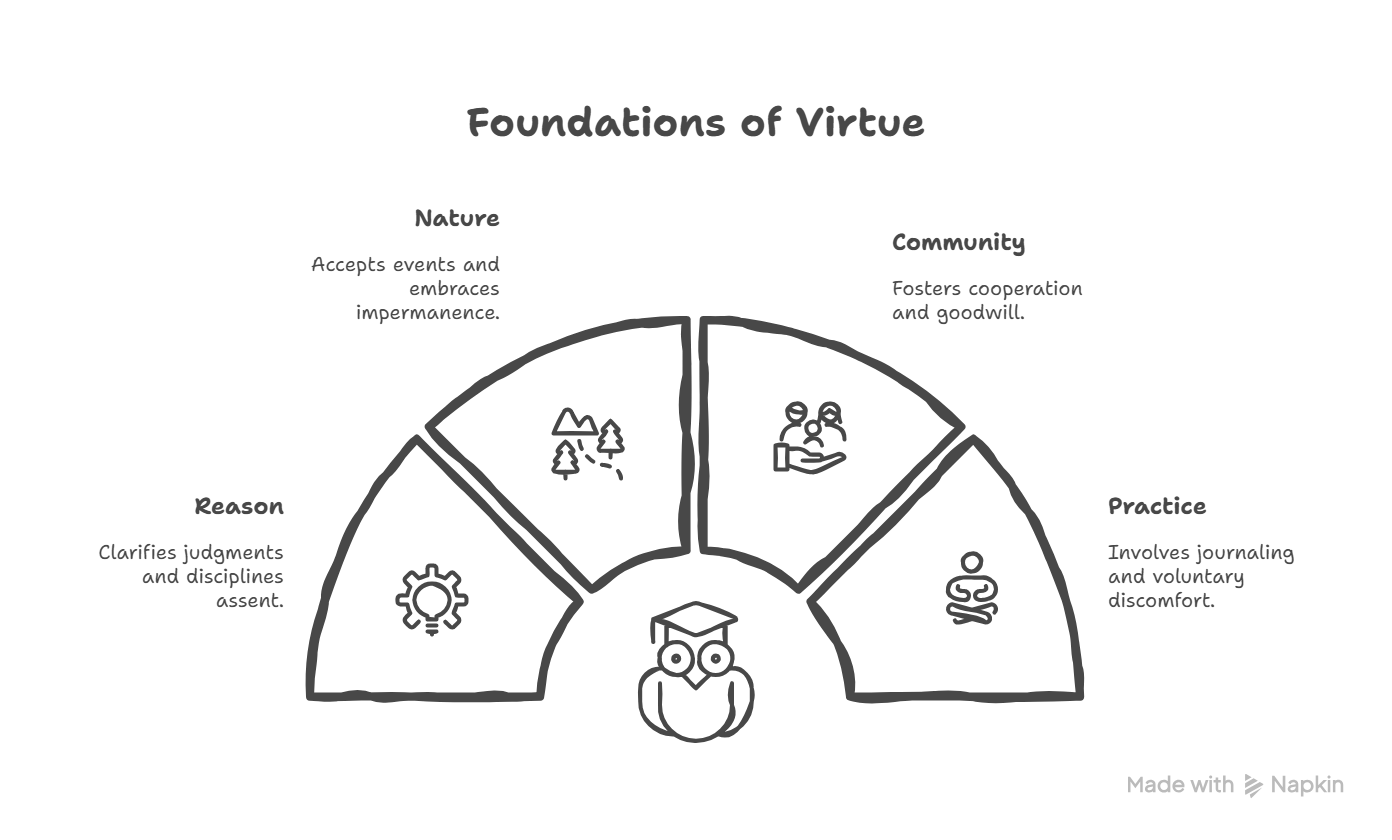
Book-by-book analysis
- Book I – Debts and Lessons – Gratitudes to family, teachers, and mentors; models of temperance, justice, humility, and patience. Sets the tone: philosophy as emulation.
- Book II – Morning Resolve – Daily pre-commitment: expect rudeness, selfishness, and ignorance; their nature doesn’t harm your virtue. Keep reason sovereign.
- Book III – Present Focus – Do the work of the day. Avoid distraction and reputation-chasing; align action with nature (order and proportion).
- Book IV – Judgments Create Suffering – Events are indifferent; our judgments create disturbance. Practice cognitive distancing and refrain from excess narrative.
- Book V – Duty Over Comfort – Get up and do your human work. Choose discipline over ease; cooperate with the whole as a citizen of the cosmos.
- Book VI – Social Nature – Humans are made for cooperation. Act justly and speak truthfully; examine impressions before assent.
- Book VII – Impermanence – Everything flows; fame and blame fade. Use perspective shifts (e.g., view from above) to shrink anxieties.
- Book VIII – Inner Citadel – Guard the ruling faculty (hegemonikon). Keep it undamaged by anger, desire, and fear.
- Book IX – Good Will and Justice – Work with others without resentment. Injustice harms the agent most; keep goodwill and fair dealing.
- Book X – Nature’s Law – The universe is change; your opinions are optional. Align will with events; accept causality without fatalism.
- Book XI – Clarity & Brevity – Think and speak plainly. Cut to essentials; test impressions; refuse idle theorizing and performative virtue.
- Book XII – Summing Up – Final reminders: simplicity, benevolence, courage. Keep the mind uncluttered, the life useful, and the heart open.
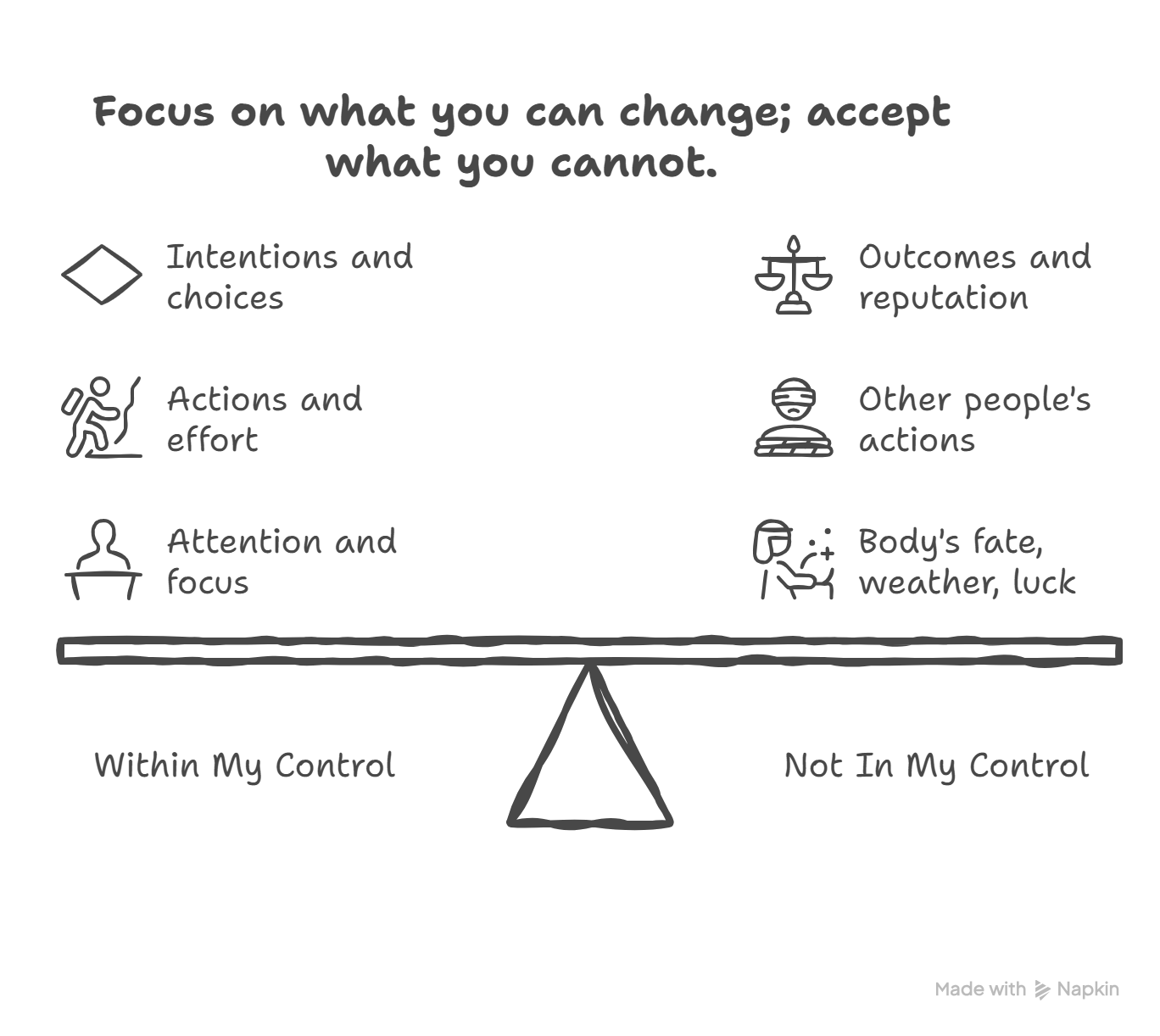
Main Arguments & Insights
1. Virtue Is the Only Good: External events are indifferent; character (wisdom, justice, courage, temperance) defines a good life. Outcomes matter, but conduct is sovereign.
2. The Dichotomy of Control: Divide the world into what you can control (judgments, intentions, actions) and what you cannot (reputation, weather, others). Invest effort only where it pays.
3. Cognitive Reframing: Emotions follow evaluations. Name impressions, question automatic stories, and describe events neutrally to defuse anger, fear, and craving.
4. Memento Mori & Impermanence: Awareness of death focuses priorities, strips vanity, and liberates action in the present.
5. Cosmopolitanism & Duty: You are a part of a whole—family, city, and humanity. Act for the common good; cooperate without resentment.
6. Discipline of Assent: Pause before giving assent to an impression; verify whether it concerns virtue and is within your control. This is the hinge of freedom.
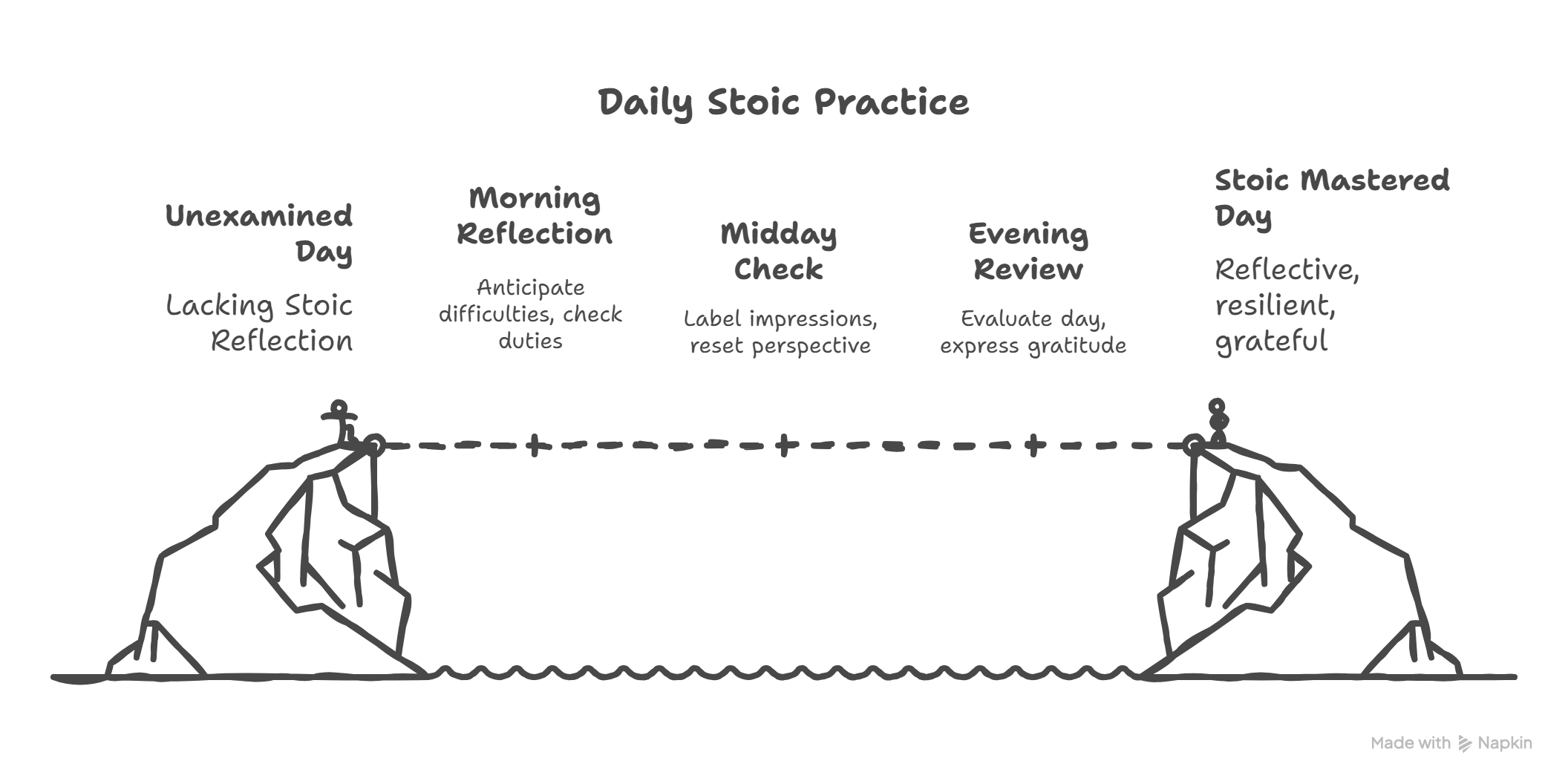
Critical Reception & Perspectives
Meditations has been revered across centuries as a rare glimpse into the inner practice of a philosopher-king. Modern readers praise its pragmatism, while scholars caution against over-systematizing: it’s a mosaic of exercises, not a doctrine. Debates persist over fate vs. agency, the tension between public duty and withdrawal, and how to translate key Stoic terms (e.g., logos, apatheia). Contemporary translations vary in tone—some plain and modern, others more literal—shaping accessibility and emphasis.
Real-World Examples & Implications
- Leadership: Pre-mortems, calm crisis response, and virtue-based KPIs (justice, temperance) in decision-making.
- Personal Habits: Morning reflections, evening reviews, negative visualization, and voluntary discomfort to build antifragility.
- Therapy & Coaching: CBT-style reframing, exposure to feared situations, and focusing on controllables.
- Teams & Culture: Rituals of gratitude, no-complaints experiments, and clear role obligations to reduce politicking.
- Ethics in Action: Choosing duty over ego; compassion without enabling; saying no without bitterness.

Suggested Further Reading
- Discourses & Enchiridion (Epictetus) – Stoic practice as taught by a former slave; action-forward and rigorous.
- Letters from a Stoic (Seneca) – Practical moral essays on time, fear, and friendship.
- The Inner Citadel (Pierre Hadot) – Scholarly analysis of Meditations as spiritual exercise.
- How to Think Like a Roman Emperor (Donald Robertson) – Stoicism through CBT and biography.
- A Guide to the Good Life (William B. Irvine) – Modern Stoic toolkit; exercises and pitfalls.
- On the Shortness of Life (Seneca) – A concise meditation on the use of time.

